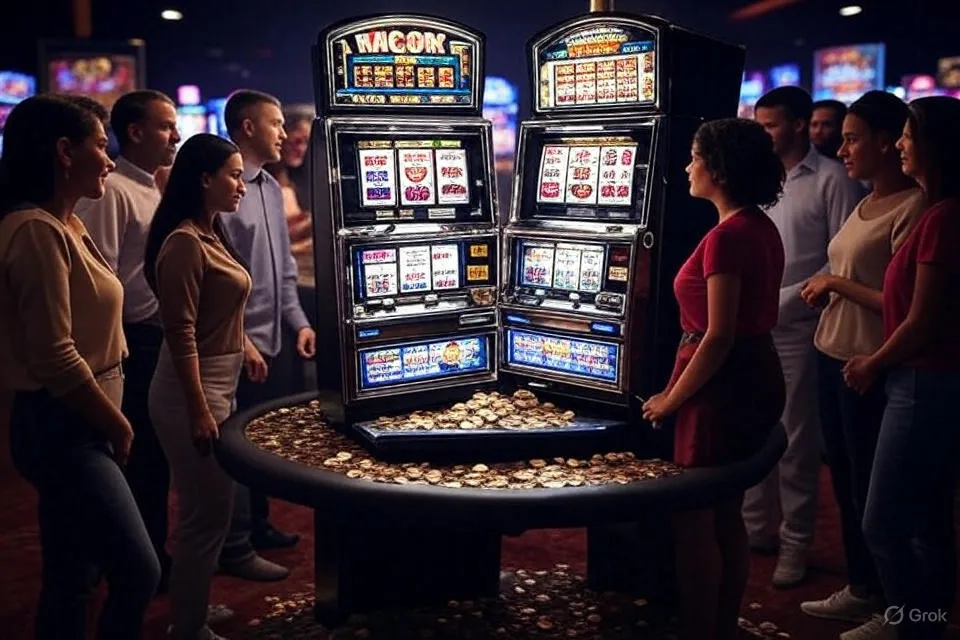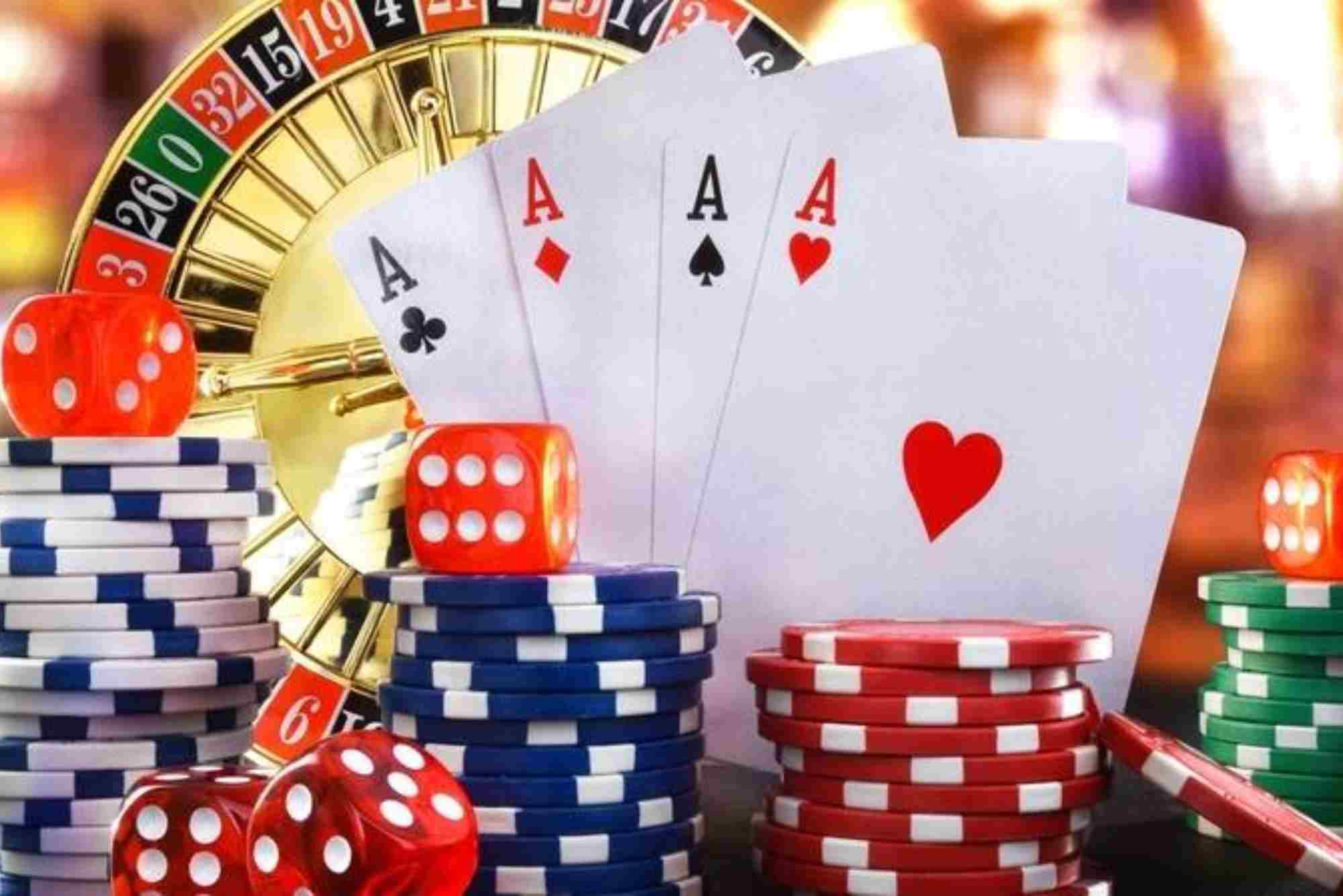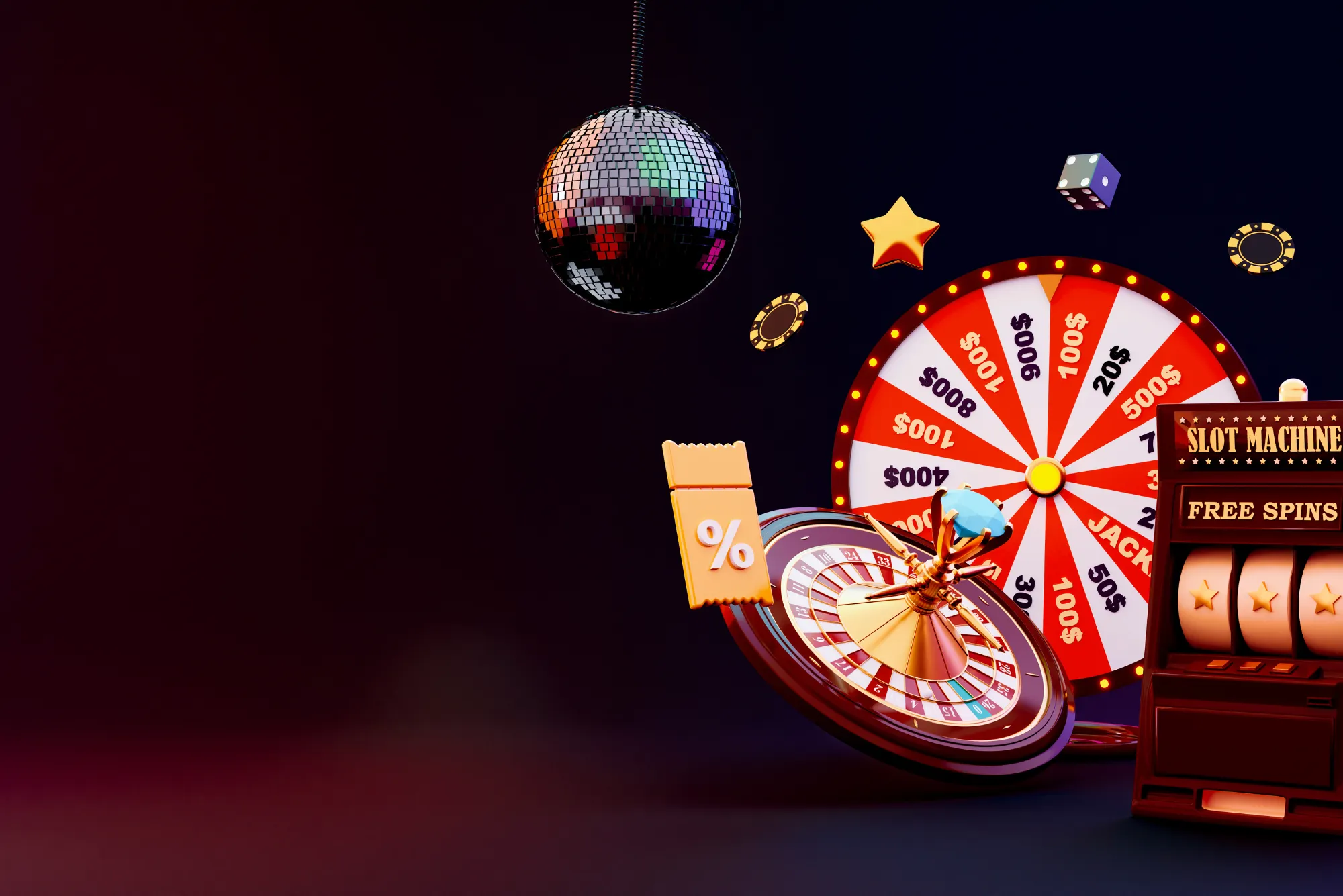Slot machines have fascinated players for decades with their bright lights, catchy sounds, and the tantalizing possibility of hitting a jackpot. The dream of predicting when a jackpot will hit has captivated many gamblers, inspiring countless theories and strategies. But is it actually possible to foresee when a slot jackpot will pay out?
In this article, I’ll dive into how slot machines work, what affects jackpots, and whether there’s any real way to predict a big win before it happens. I’ll also discuss the rise of no KYC casinos and what that means for slot players today. Whether you’re a casual player or a curious enthusiast, this article aims to separate myth from reality and offer practical insights based on how slots truly operate.
How Slot Machines Work: The Basics Behind the Spin
To understand if predicting a slot jackpot is possible, we first need to look under the hood of how slot machines actually work. Modern slot machines, both physical and online, use a Random Number Generator (RNG) — a computer algorithm that continuously generates random numbers hundreds or even thousands of times per second. When you press the spin button, the current RNG number determines the outcome, such as where the reels stop and whether you hit a winning combination.
Because the RNG generates outcomes completely at random and independently for each spin, the result of one spin does not influence the next. This randomness is what makes slot machines fair and unpredictable by design, and it also makes predicting the exact moment a jackpot will hit virtually impossible.
Many players look for patterns or streaks, hoping to anticipate when the jackpot is “due,” but since the RNG doesn’t follow any pattern, these attempts are based on misconception rather than fact.
Can Strategy or Timing Help You Predict a Jackpot?
The short answer is no—there is no strategy or timing that can reliably predict when a slot jackpot will pay out. While it might feel like a jackpot is “due” after many spins without a big win, each spin is independent. This is a classic example of the gambler’s fallacy, where people believe past outcomes affect future results.
Some seasoned players suggest monitoring the machine’s payout percentages or “hot” and “cold” streaks. However, reputable casinos regulate slot machines to maintain fixed payout percentages over time, ensuring fairness and unpredictability.
That said, understanding Return to Player (RTP) rates and volatility can help you choose slots that suit your style and bankroll. High RTP games offer better long-term returns, while high volatility slots might pay out big jackpots less often but in larger amounts.
An interesting development in online gambling is the rise of no KYC casinos—platforms that allow players to start playing without the lengthy Know Your Customer verification process. These casinos often feature a wide range of slot games and jackpots, giving players quicker access to exciting opportunities. However, with the ease and speed also comes the responsibility to choose trustworthy sites carefully to ensure fairness and security.
The Myth of Jackpot Prediction and Real-World Examples
Despite the math, the allure of jackpot prediction persists. Stories circulate of players who claim to have “felt” a jackpot was coming or used secret formulas. While these anecdotes can be entertaining, they don’t hold up under scrutiny.
Professional gamblers and casino experts agree that while you can never predict the exact moment a jackpot will hit, you can improve your experience by managing your bankroll wisely and playing within your limits. Slots should be seen as entertainment with a chance to win, rather than a guaranteed income source.
For example, one player might hit a massive progressive jackpot on their first spin, while another can play hundreds of spins without a significant win. The unpredictability is intrinsic to how slot machines function.
What to Consider When Playing Slots for Jackpots
If your goal is to chase jackpots, it’s important to play responsibly and make informed choices. Start by selecting games with transparent RTP values and well-regulated operators. Avoid chasing losses or increasing bets impulsively, as this can quickly deplete your bankroll.
No KYC casinos have introduced a new level of convenience by simplifying account creation and withdrawals, but players should verify these sites’ licensing and reputation before committing funds.
Remember, slots are designed to be random and unpredictable. The best approach is to enjoy the game, play smart, and view jackpots as a lucky bonus rather than an expected outcome.
Final Thoughts: Predicting Slot Jackpots Is Not Realistic
In conclusion, predicting a slot jackpot before it hits is not feasible due to the random nature of slot machines. The RNG ensures that every spin is independent, eliminating any predictable patterns or cycles. While myths and superstitions continue to flourish, understanding how slots operate can help you gamble more wisely.
If you enjoy slots, embrace the unpredictability, play responsibly, and choose reputable casinos—such as trustworthy no KYC casinos—that offer a safe environment. Keep realistic expectations and see jackpots as exciting possibilities rather than guaranteed targets.








